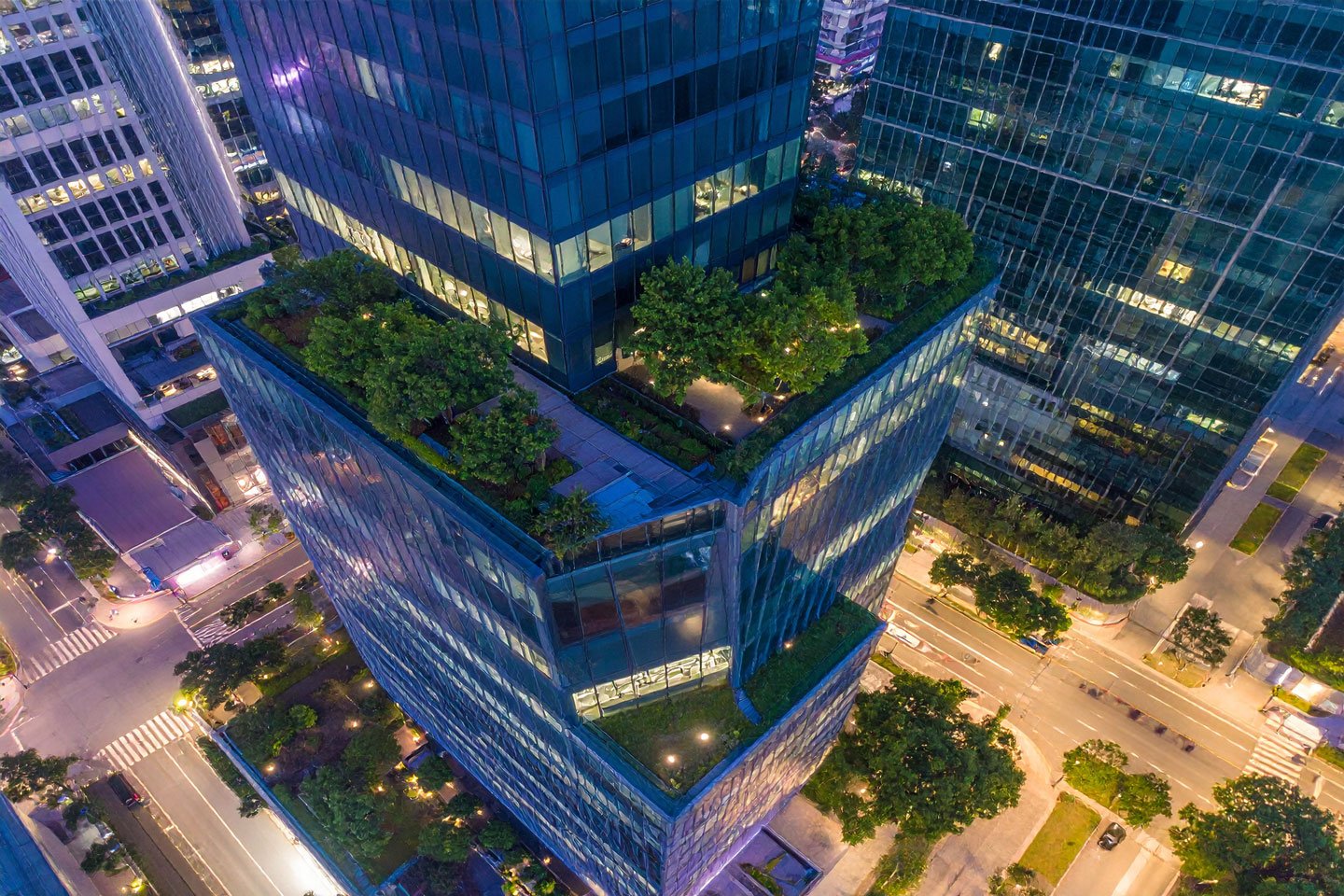Leasing a commercial space is a big step for any business—whether you're opening your first storefront, expanding to a new location, or moving into a larger office. But before you sign a lease, it’s important to understand the fine print, the potential costs, and your rights as a tenant.
Here are key things every business owner should know about a commercial lease:
Commercial Leases Are Very Different from Residential Leases
Don’t assume that what applies to your apartment lease applies to commercial real estate. Commercial leases offer fewer legal protections to tenants and often involve more complex terms. That’s why having a professional on your side—like a commercial real estate agent—is critical.
Lease Types Vary (and Affect Your Costs)
Not all commercial leases are created equal. The structure of your lease affects how much you pay and what you're responsible for:
- Gross Lease: You pay one flat fee; the landlord covers most property expenses.
- Net Lease: You pay rent plus property taxes, insurance, and/or maintenance.
- Triple Net (NNN) Lease: You cover all three—taxes, insurance, and maintenance—on top of rent.
- Modified Gross Lease: Somewhere in between; expenses are shared.
- Percentage Lease: You pay a base rent plus a percentage of your sales revenue, this is often seen in retail spaces.
Know the Lease Term and Renewal Options
Most commercial leases are long-term—often 3, 5, or even 10 years. That can be great for stability, but risky if your business is new or growing quickly.
Look for:
- Early termination clauses
- Renewal options (and how rent will be adjusted)
- Exit strategies if things don’t go as planned
Rent Increases May Be Built In
Many leases include annual rent increases based on a fixed percentage or tied to inflation (like the Consumer Price Index). Some include "step-up" rents where your rent goes up every year or after a certain number of months.
Understand Your Responsibilities
Commercial leases often make tenants responsible for more than just rent:
- Utilities and internet
- Interior maintenance and repairs
- Property taxes and insurance (depending on lease type)
- Common Area Maintenance (CAM) fees
Can You Make Changes to the Space?
Most tenants want to customize their space—but before you start knocking down walls or installing signage, check:
- Who pays for tenant improvements (TIs)?
- Do you need landlord approval for changes?
- Who owns improvements once the lease ends?
Location-Specific Rules Matter
Zoning laws, parking requirements, signage restrictions, and local ordinances can all affect your ability to operate. Make sure:
- The space is zoned for your type of business
- There’s adequate parking (especially for retail or medical)
- Your signage will be visible and allowed by local code
Always Negotiate—And Get Expert Help
Almost everything in a commercial lease is negotiable. You can often negotiate:
- Base rent
- Lease length
- Free rent or build-out period
- Renewal terms
- Who pays for what

